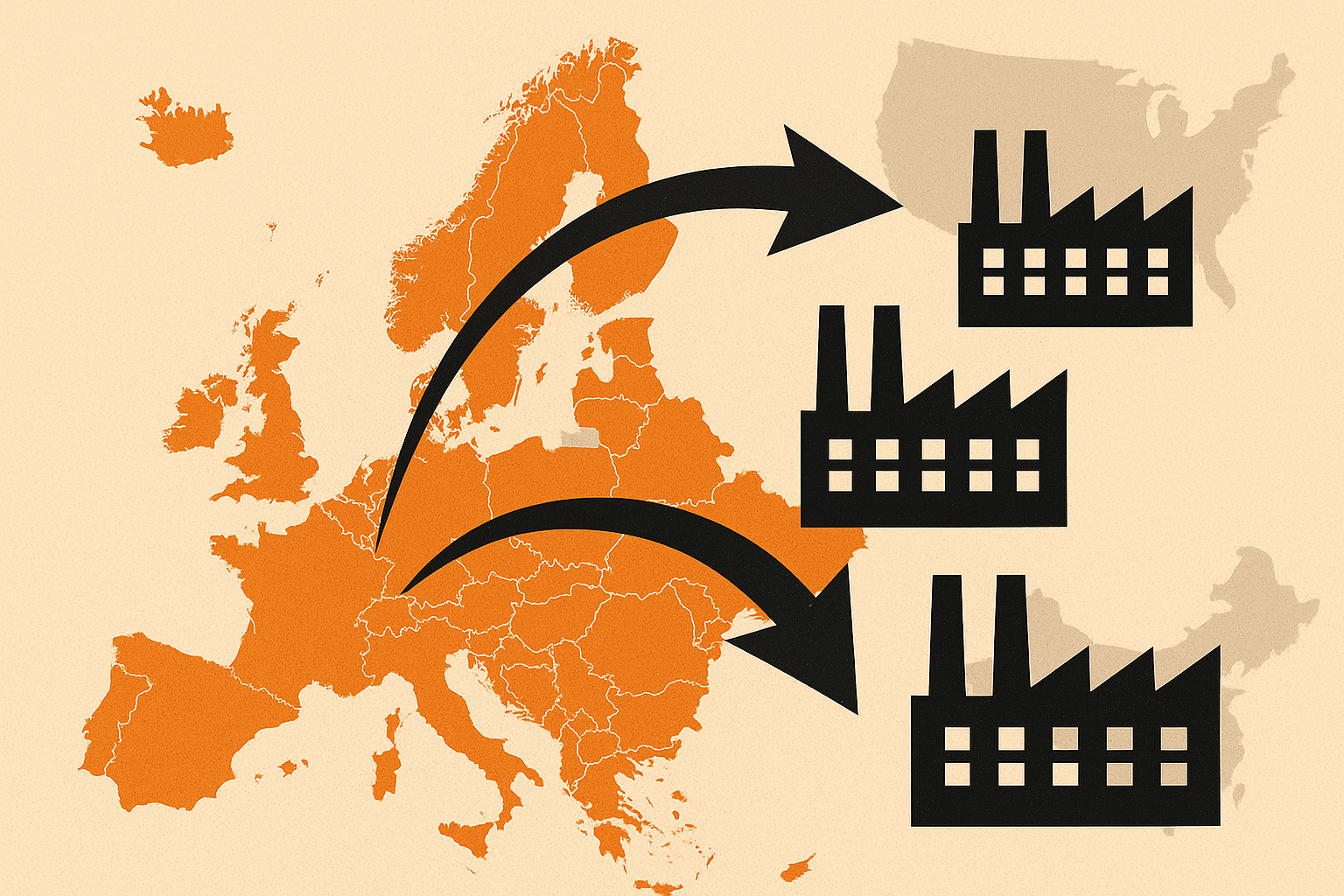The number of British workers underpaid by their employers has fallen by more than half in the past year, according to new government data showing stronger compliance with national wage laws.
Figures from the Department for Business and Trade reveal that 25,000 workers were underpaid in the financial year ending 2025 — down sharply from 52,000 the previous year. The decline marks the lowest level of underpayment since 2021, when 155,000 workers were found to be earning below the national minimum or living wage.
Improved Compliance and Enforcement
The department attributed the drop to better adherence among large employers, particularly in the retail sector, following targeted enforcement efforts by HM Revenue & Customs (HMRC).
In 2024–25, £5.8 million in back pay was owed to underpaid workers, compared with £7.6 million the previous year. HMRC opened 5,200 new investigations into suspected violations, closing 4,800 of them during the same period.
Authorities also issued 750 penalties totaling £4.2 million, and three employers were successfully prosecuted for paying below the legal wage threshold.
Persistent Gaps and Discrepancies
Despite the improvement, some experts warn that the official figures understate the true extent of underpayment.
Hannah Slaughter, senior economist at the Resolution Foundation, said the government’s data likely fails to capture many affected workers.
“The Low Pay Commission estimated there were about 400,000 underpaid workers in 2024,” she noted. “That suggests many people earning below the minimum wage have slipped through the cracks.”
While underpayment cases among large corporations have declined steadily since 2020, the problem has remained consistent among small- and medium-sized enterprises (SMEs), which are less likely to be subject to routine audits or enforcement.
Wage Increases and Political Context
The findings come amid consecutive minimum wage hikes under both Conservative and Labour governments.
Under Rishi Sunak’s administration, the national living wage for workers aged 21 and over rose to £11.44 per hour in April 2024. The newly elected Labour government increased it again to £12.21 per hour beginning April 2025, as part of a broader commitment to improving living standards and tackling in-work poverty.
Economists say that higher wage floors, combined with stricter oversight, have encouraged greater compliance among employers. However, they also warn that enforcement gaps, especially in low-wage sectors such as hospitality and care work, continue to leave many vulnerable employees without protection.
Broader Implications
Experts suggest that Britain’s experience underscores the importance of sustained monitoring and proactive enforcement to ensure wage laws are upheld.
While the sharp reduction in recorded underpayment cases signals progress, the continuing disparity between official figures and independent estimates indicates that systemic challenges persist, particularly in sectors dependent on casual or part-time labor.
The Department for Business and Trade said it remains committed to “ensuring every worker in the UK receives the pay they are legally entitled to” and that HMRC would “continue to take robust action against any employer found to be underpaying staff.”








